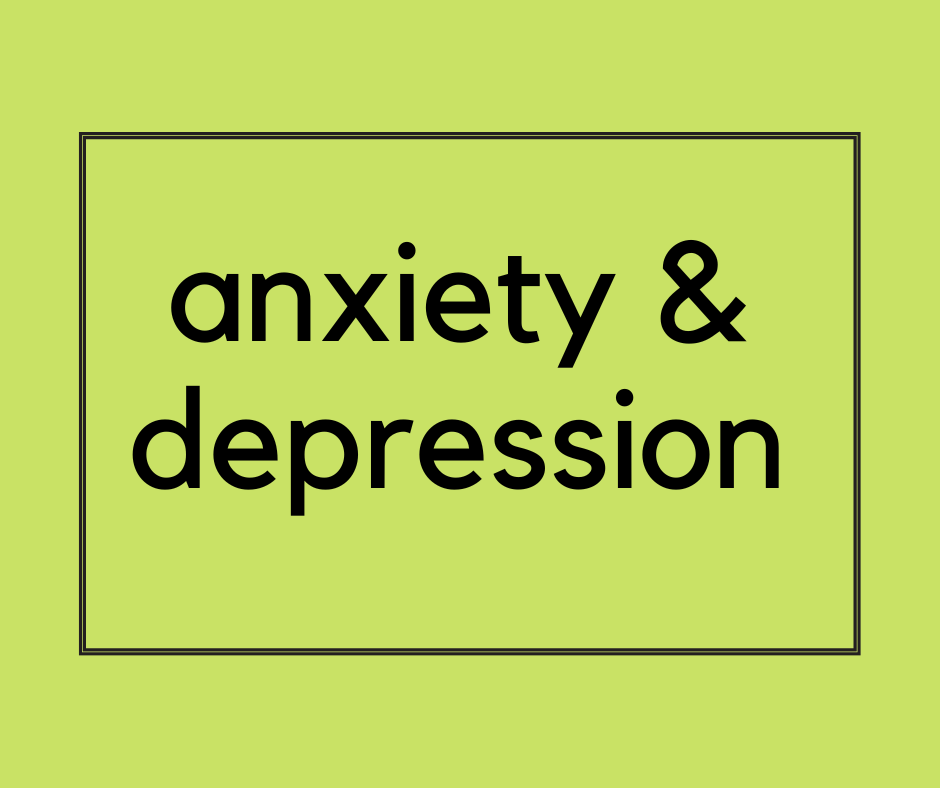Anxiety and depression are terms that are used colloquially in everyday language and also in mental health settings. Most people understand anxiety and depression as different conditions. However many people often experience both depression and anxiety, and many people are referred for ‘mixed anxiety and depression’. What does this mean? It is helpful to explore how anxiety and depression can be – and often are – interconnected.
Arousal and Depletion
Anxiety is a state of heightened arousal. It is associated with feeling wound up and difficulty calming down. When we are anxious we are protecting ourselves from threat, either real or imagined, and this can include social threats. Our body and mind switch ON. Depression is different. It is linked to low arousal and reduced energy. It is a state of depletion, where the bucket feels empty and people can become negative and despondent.
When we feel anxious, we fear losing control. In response, we tend to tighten physically and our thoughts become more rigid and fixed. However, as we tighten our grip in order to not lose control we paradoxically intensify our anxiety. This becomes a vicious cycle. We ultimately begin to become anxious about the anxiety itself. We are afraid of our own fear.
This is of course exhausting. This state consumes massive amounts of emotional and physical energy. Prolonged fear, anxiety and panic are draining. This nervous exhaustion ultimately results in a state of depletion as the activation of the body in fight-flight-freeze mode is not switched off. Eventually the person runs out of energy. This flip into low arousal is often accompanied by self-critical evaluations and a similar sense of a loss of control. It is easy to see how this then manifests as depression, where life feels meaningless and the person feels worthless.
Clinical Anxiety and Depression
Anxiety and depression are classified as different mental health disorders for clinical purposes, as described for example in the Diagnostic and Statistical Manual (DSM-5; American Psychiatric Association, 2013). These symptoms can be better understood in our other blogs ‘How to Help Yourself or Someone with Anxiety’ and ‘What is Crippling Depression’.
The underlying processes that feed anxiety and depression are often connected. For example, a University student who believes that ‘I am useless’ is going to feel anxious when completing their exams. This may impair their confidence and ultimately their performance. Then if the student receives a low mark, this confirms their belief “I am useless”. It follows how depressive cognitions about the self are reinforced. This example illustrates a link between anxiety and depression, despite differences in how symptoms manifest.
What Can I Do?
Anxiety often involves holding on too tightly to control. In depression, the opposite is true. The individual has often let go of control, their grip is too loose. Instead, we must navigate a middle path in this dance with control. We need to accept that there is much we cannot control, without descending into hopelessness.
Learning to face our fears, and accept the feelings of anxiety are powerful tools in managing anxiety. When we pay attention without attempting to control, we notice that anxious feelings arise and disappear. If we don’t react by trying to shut off the feeling, paradoxically we begin to notice how the feelings lessen. We also need to allow our bodies to calm, to allow the arousal to naturally diminish. With time and care, our heart rate will settle, our muscles loosen and our minds stop racing.
Last thoughts
To better understand anxiety and depression, it is helpful to know the differences but also how they can be inter-connected.
If you would like to have a deeper understanding of your experience of anxiety and depression and also learn strategies to manage, we can assist at the Centre for Clinical Psychology.
References
American Psychiatric Association. (2013). Diagnostic and Statistical Manual of Mental Disorders: DSM-5 (5th ed.). https://doi.org/10.1176/appi.books.9780890425596
Weekes, C. (1995). Self-help For Your Nerves. HarperCollins Publishers.



